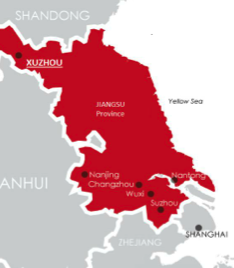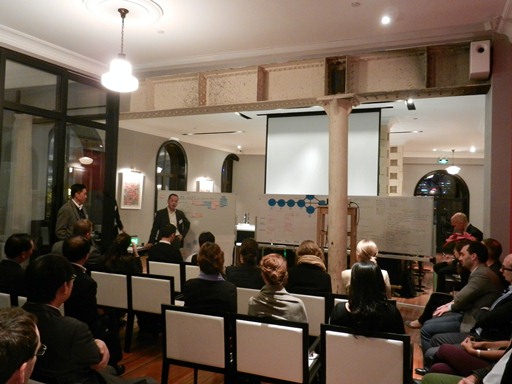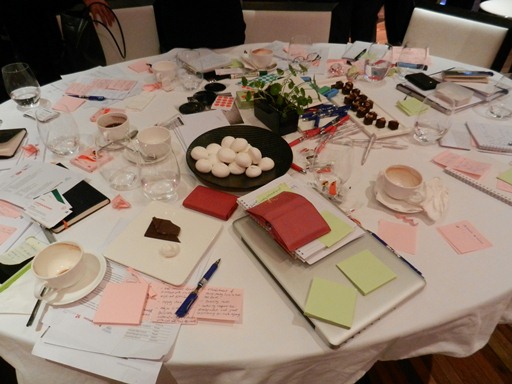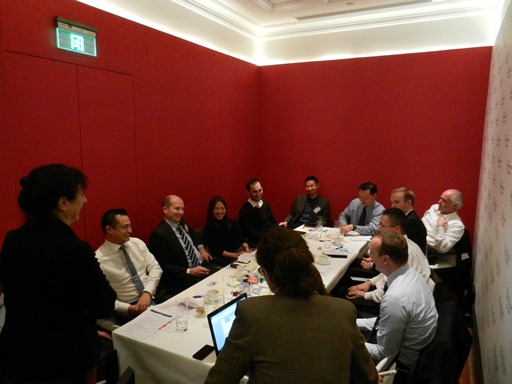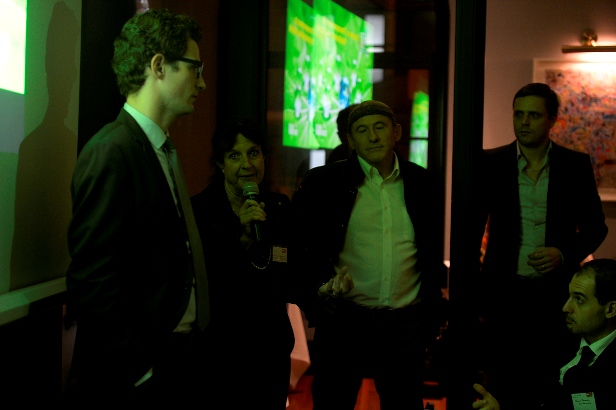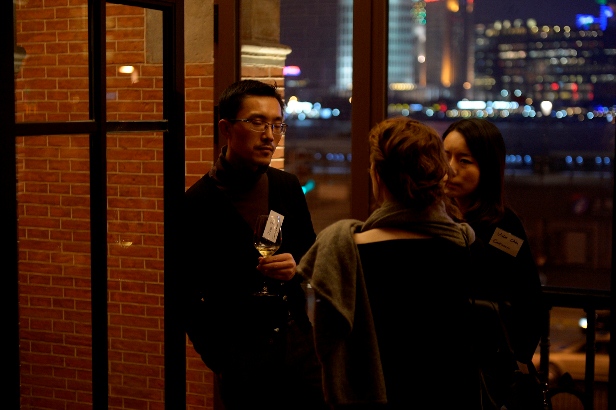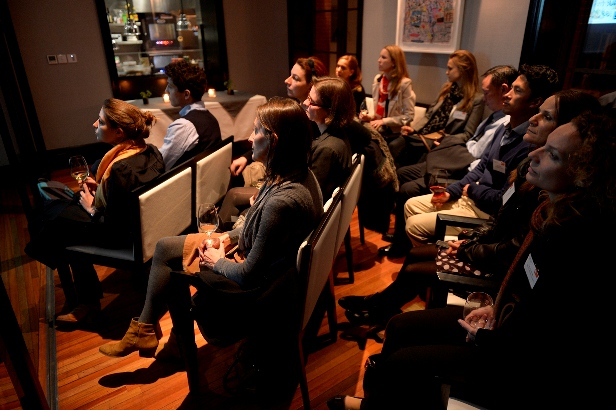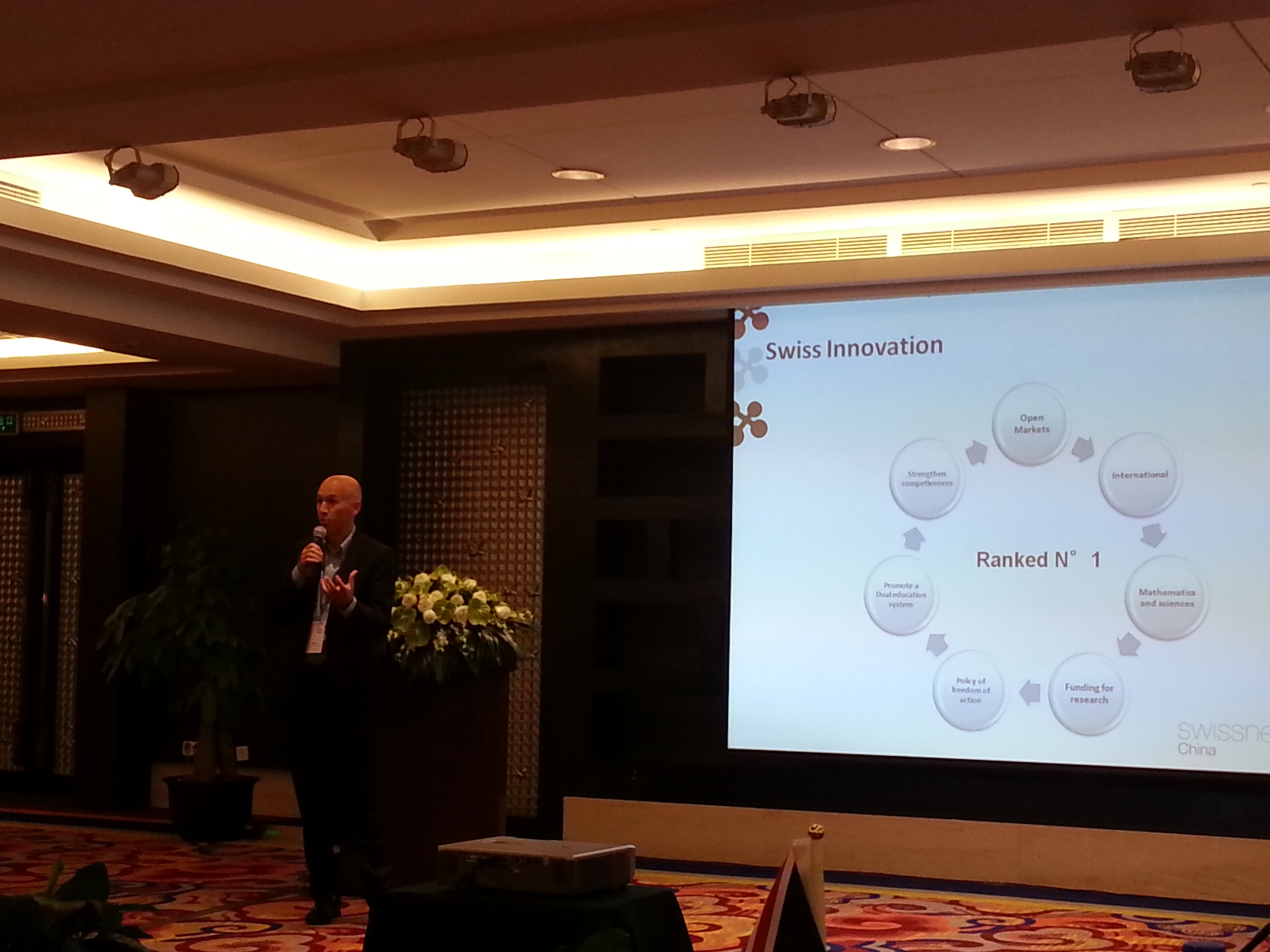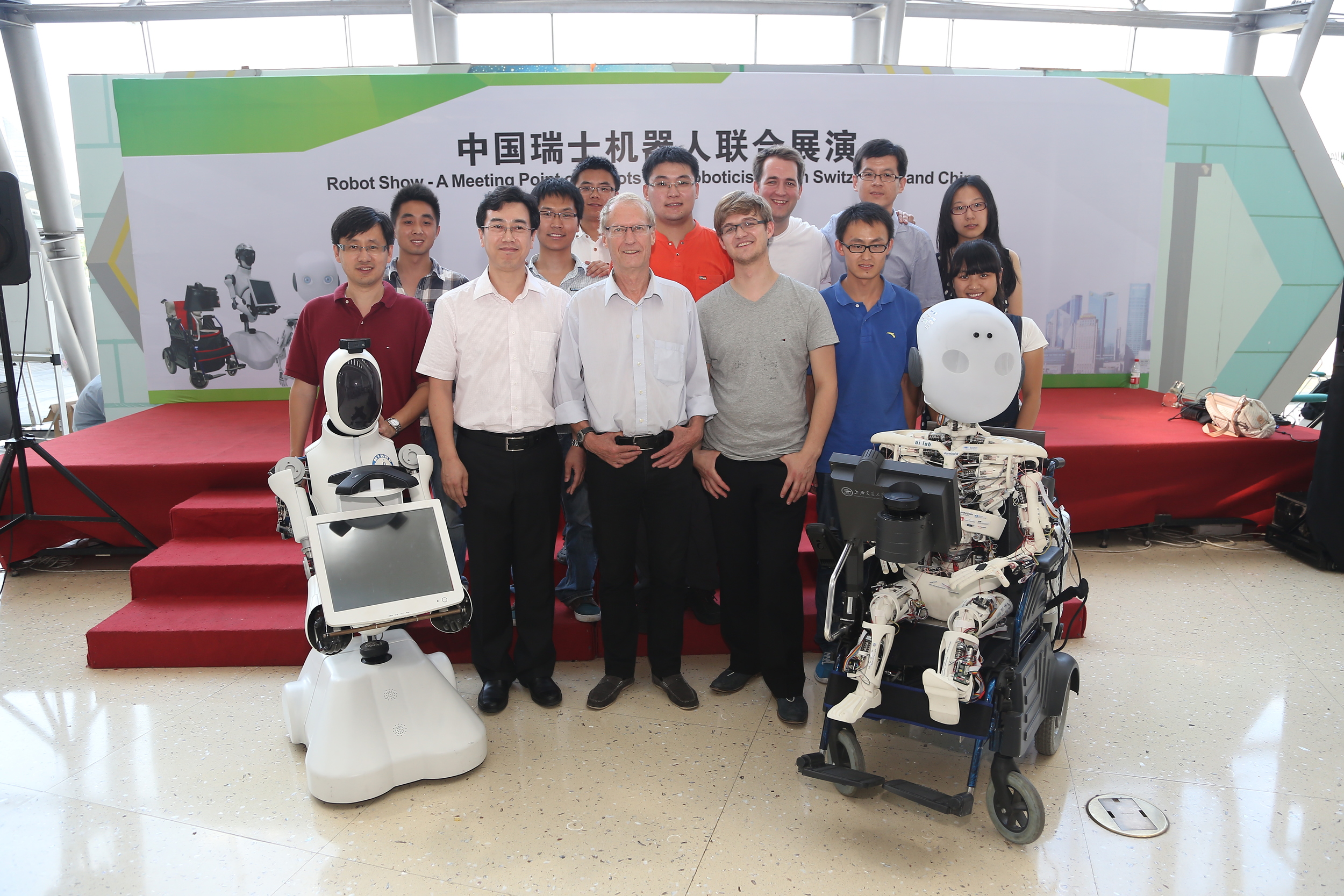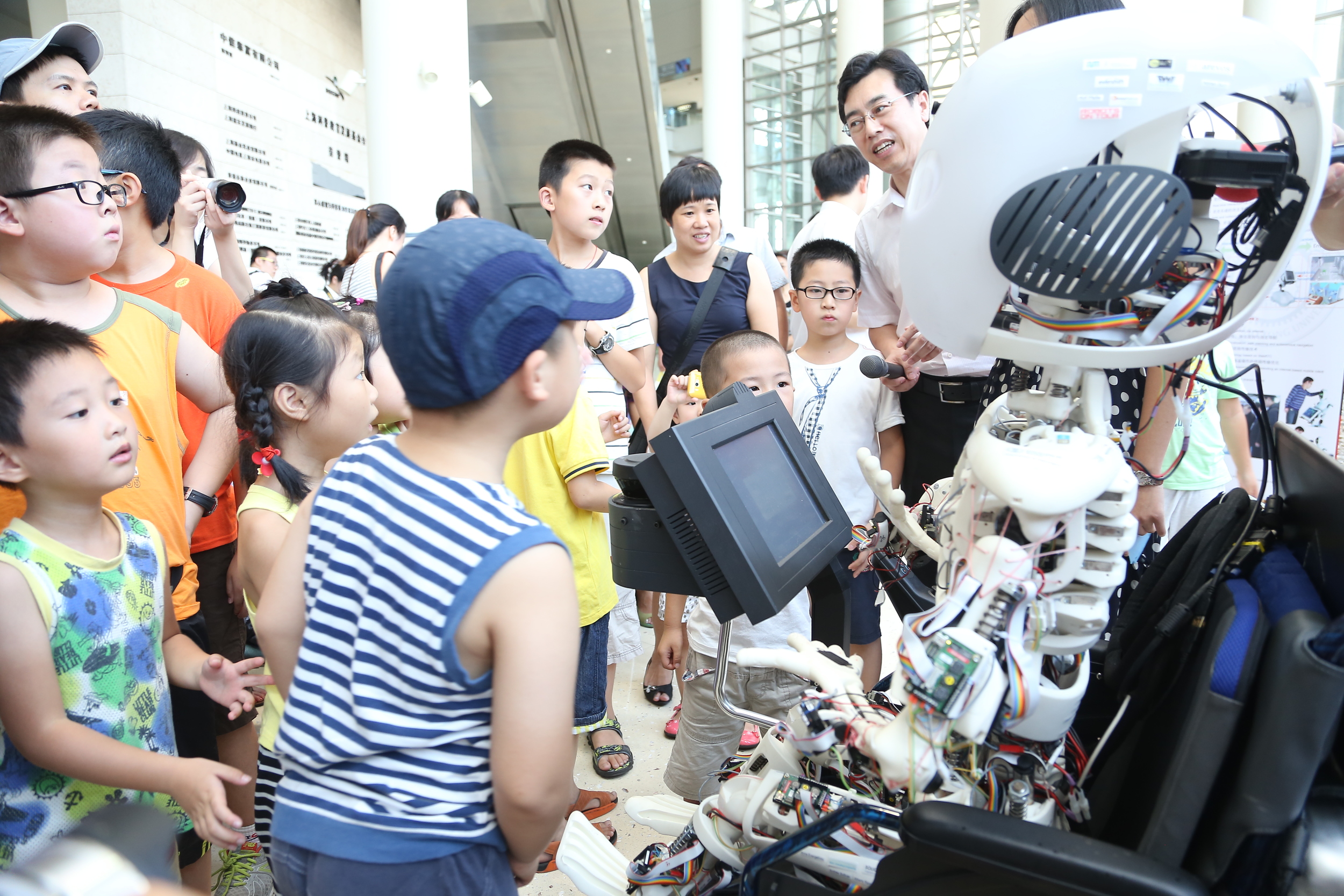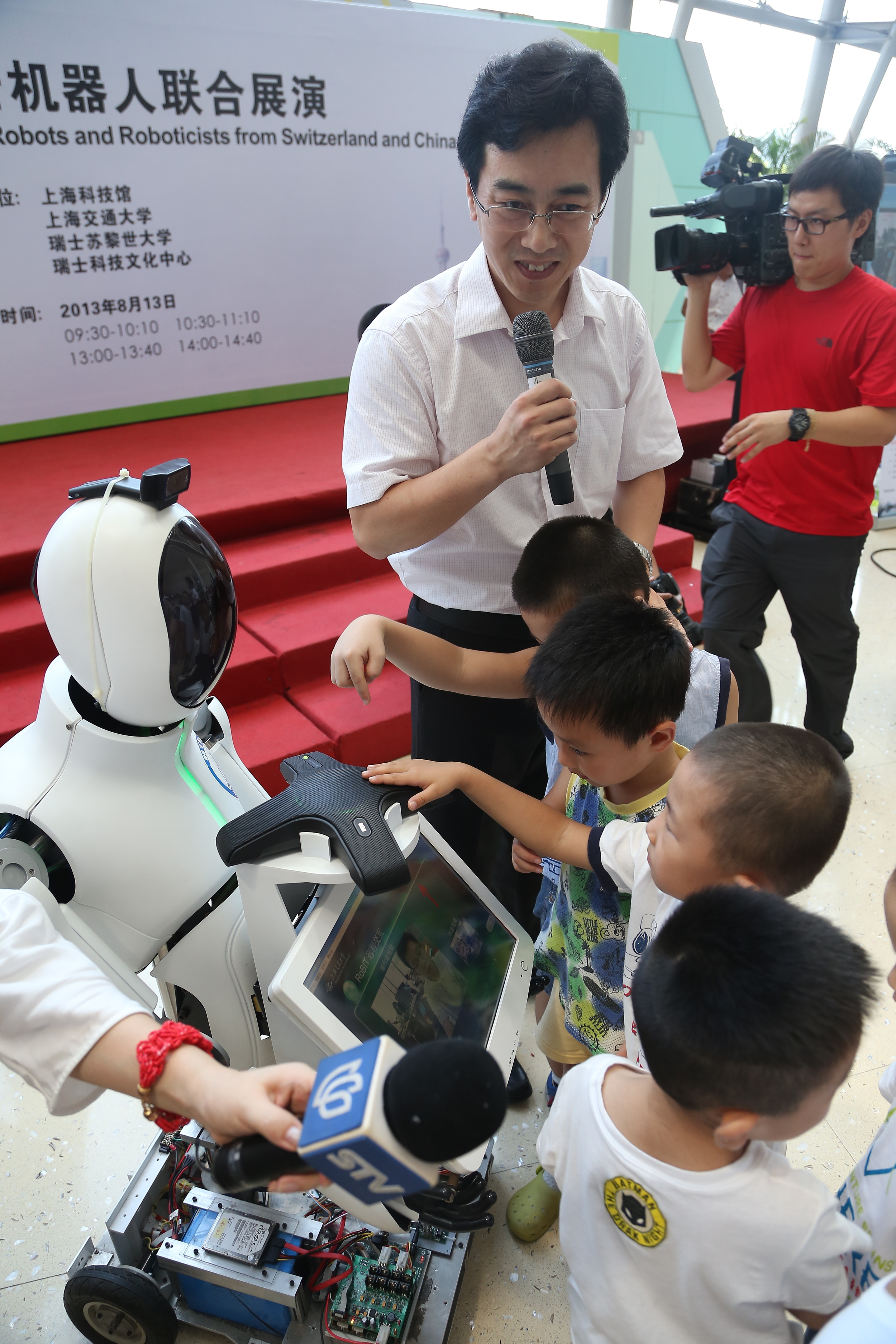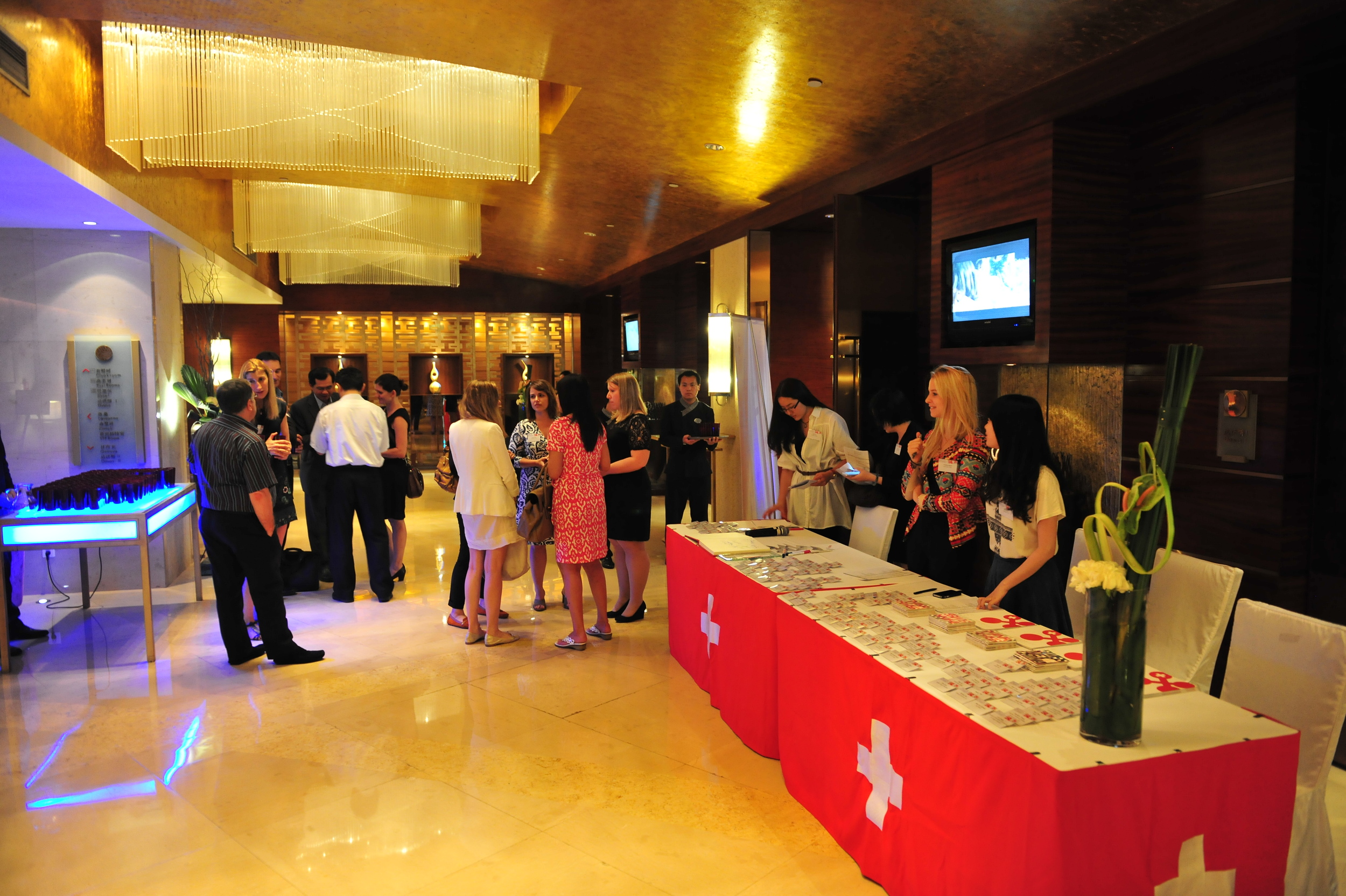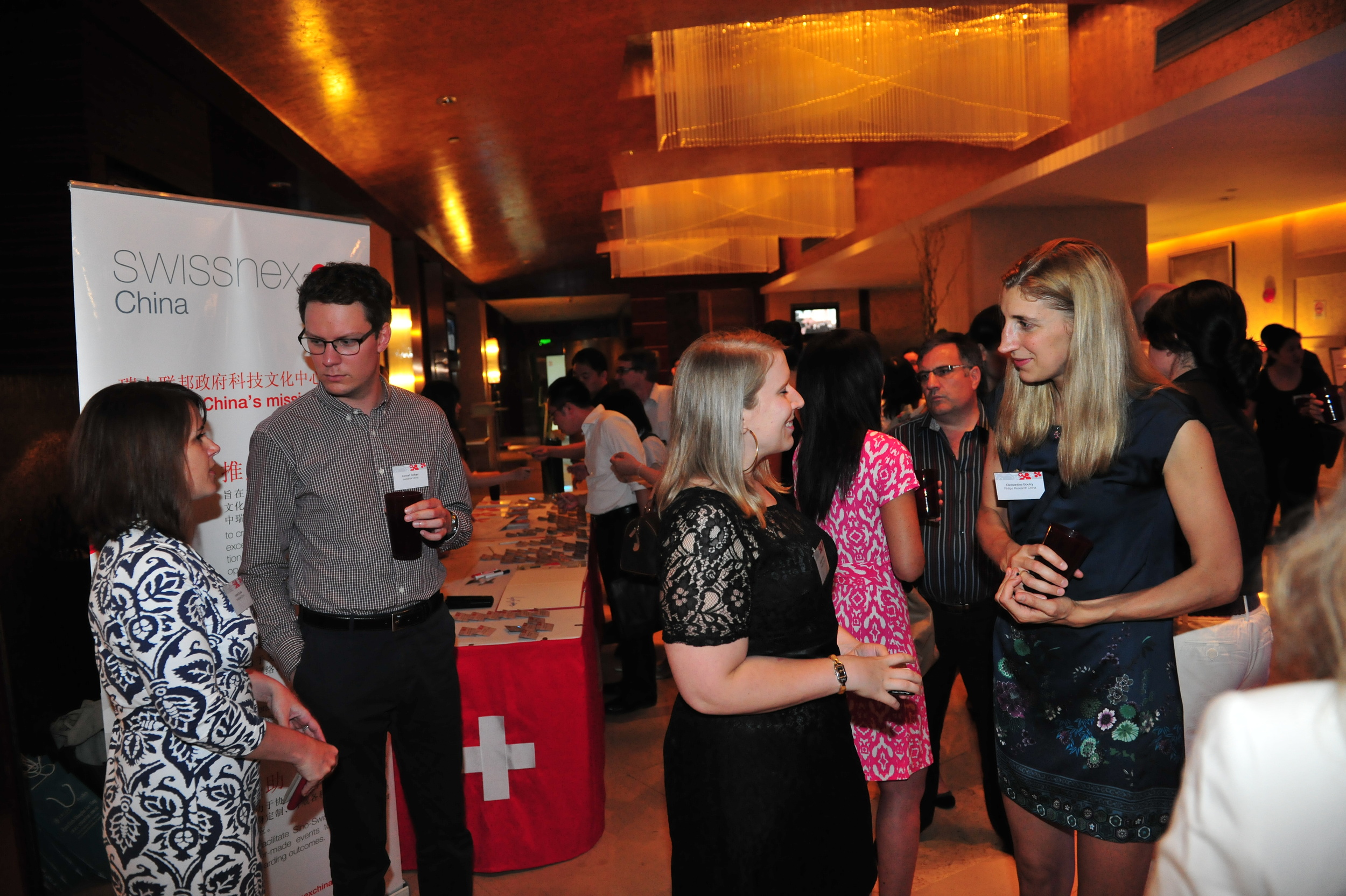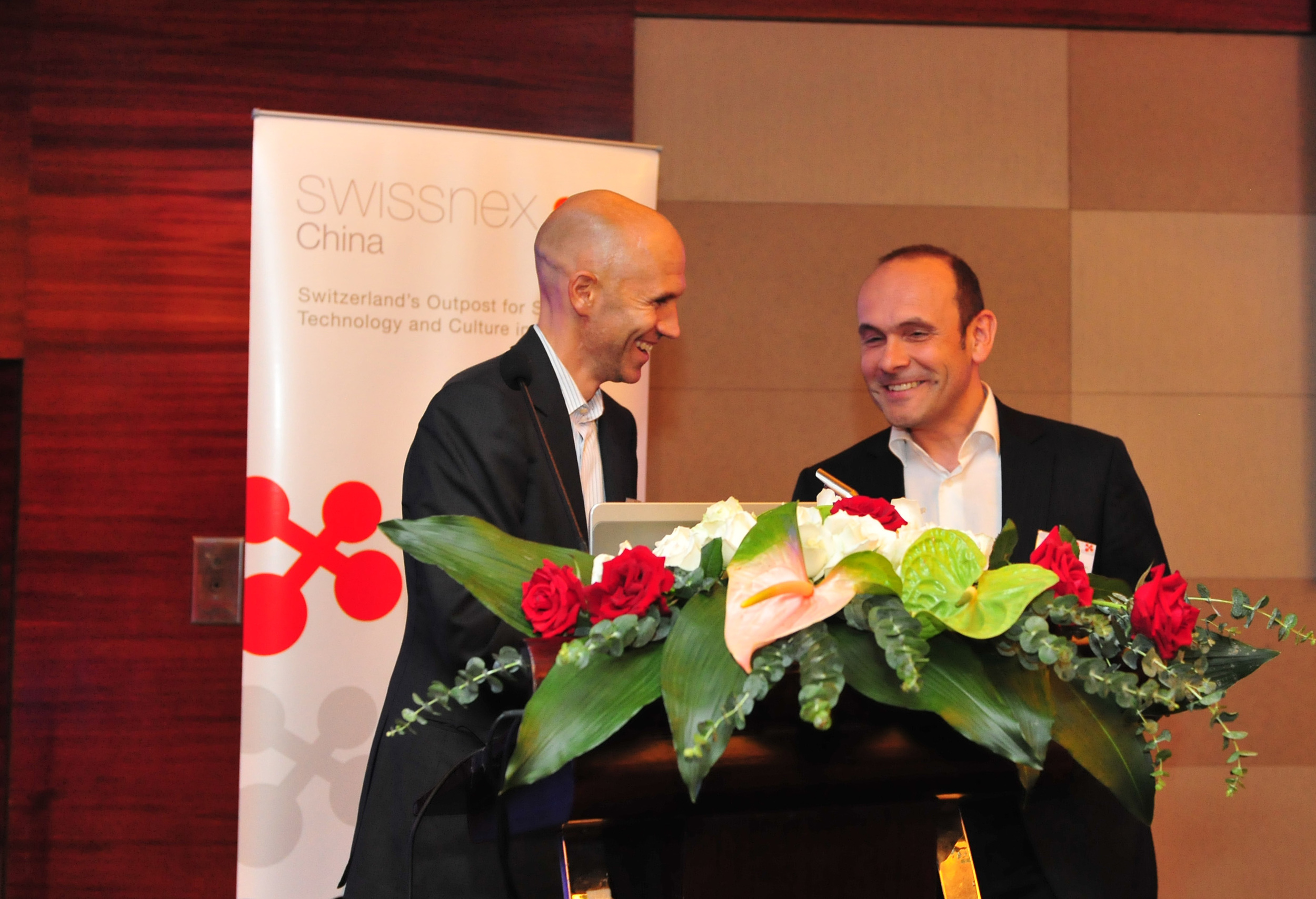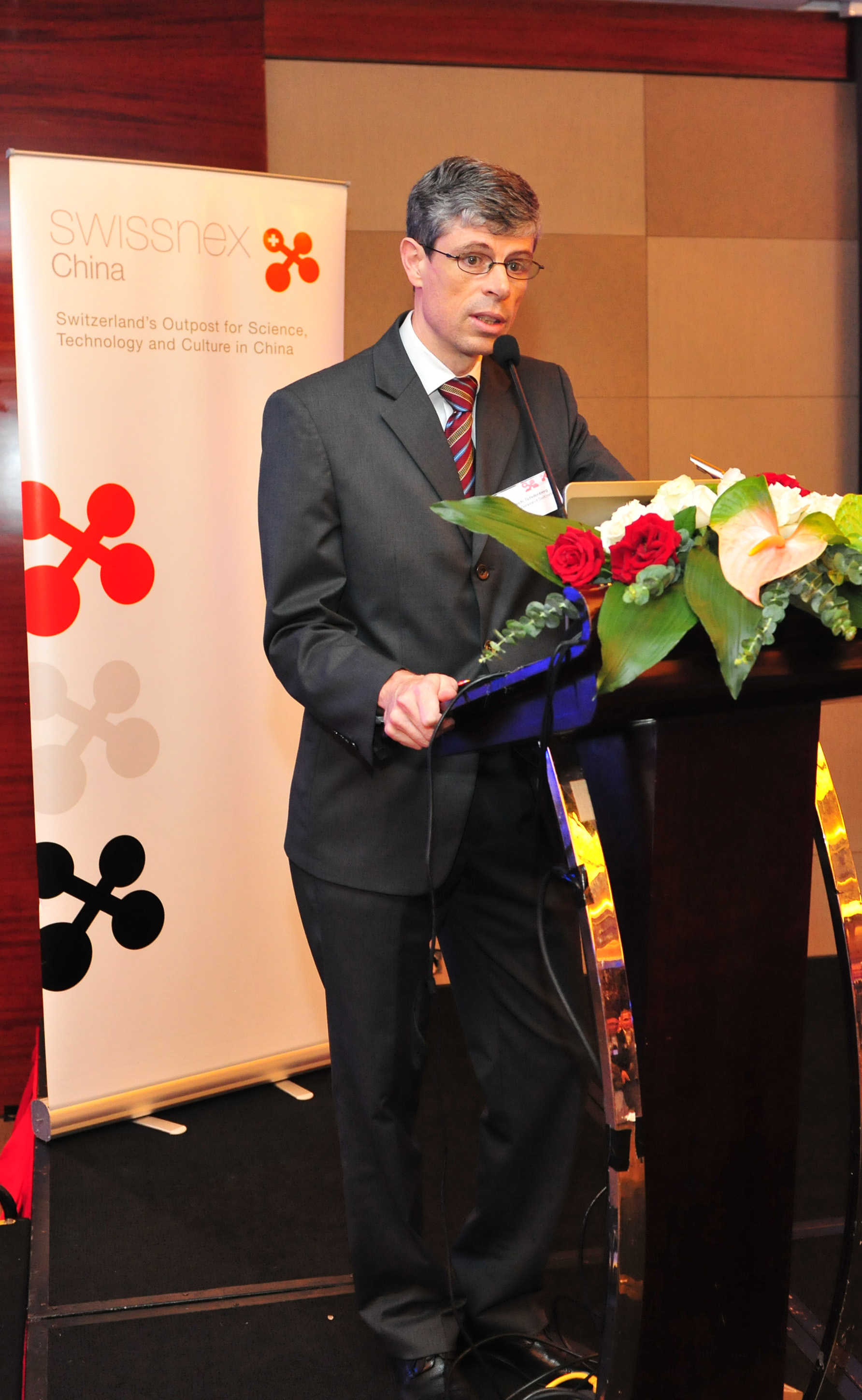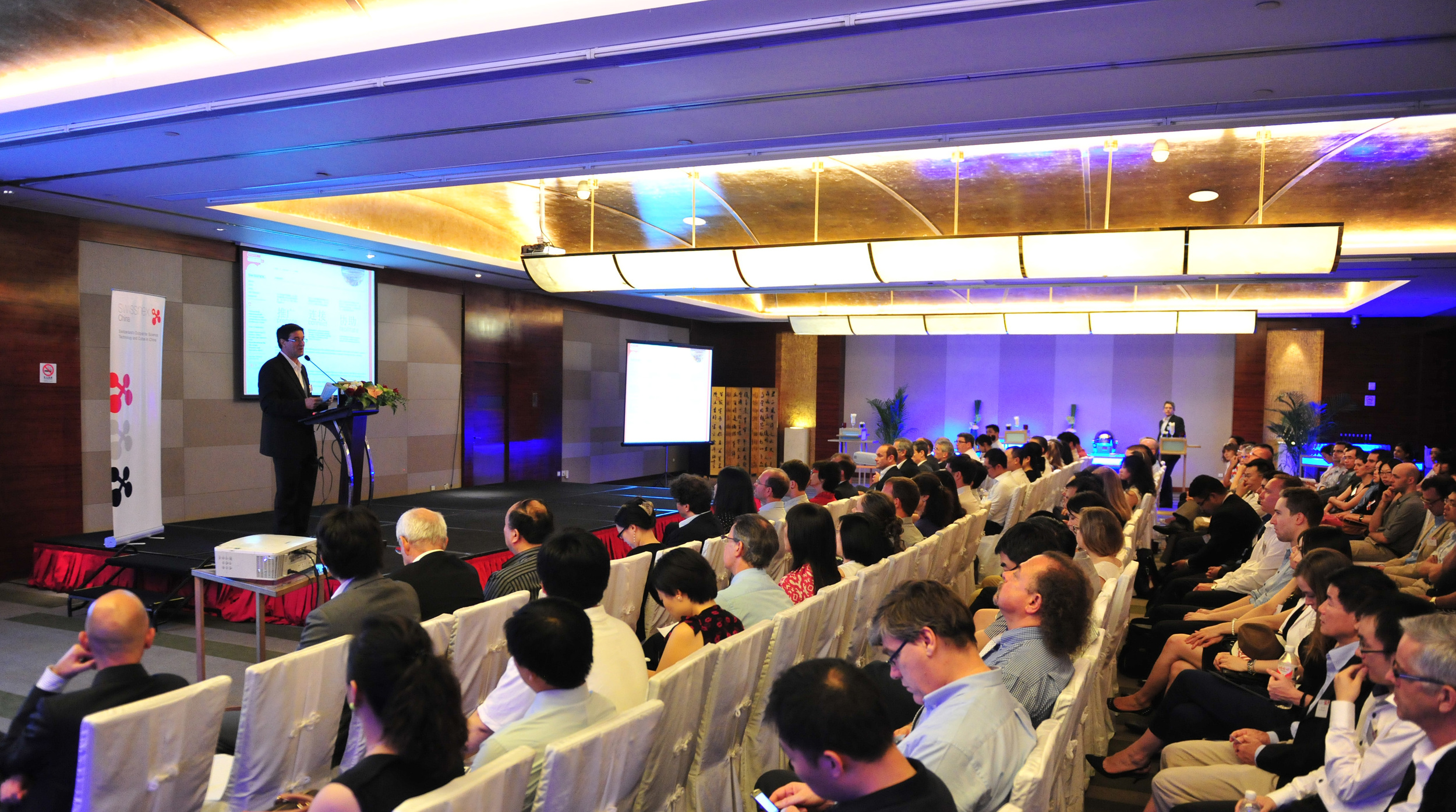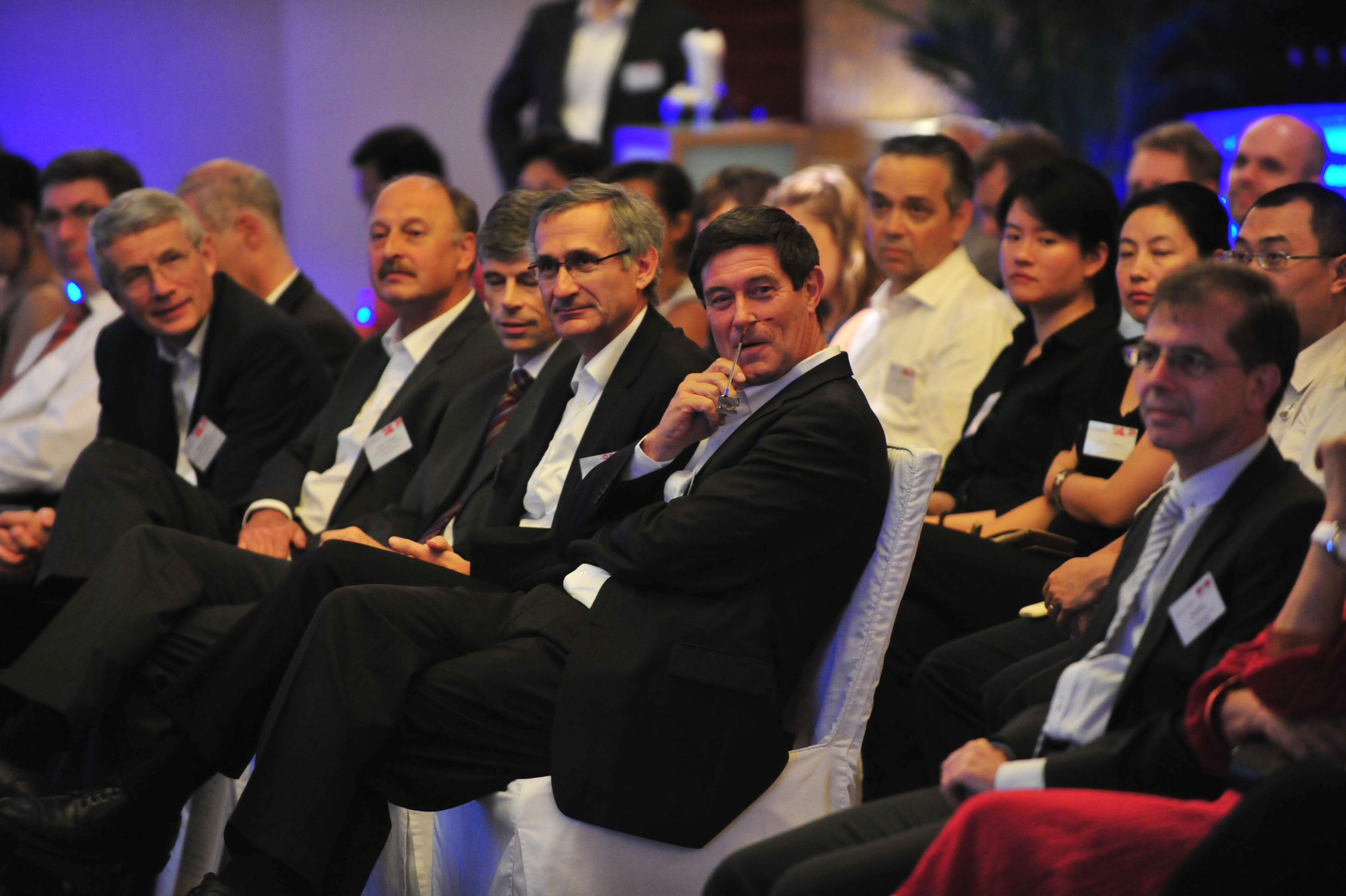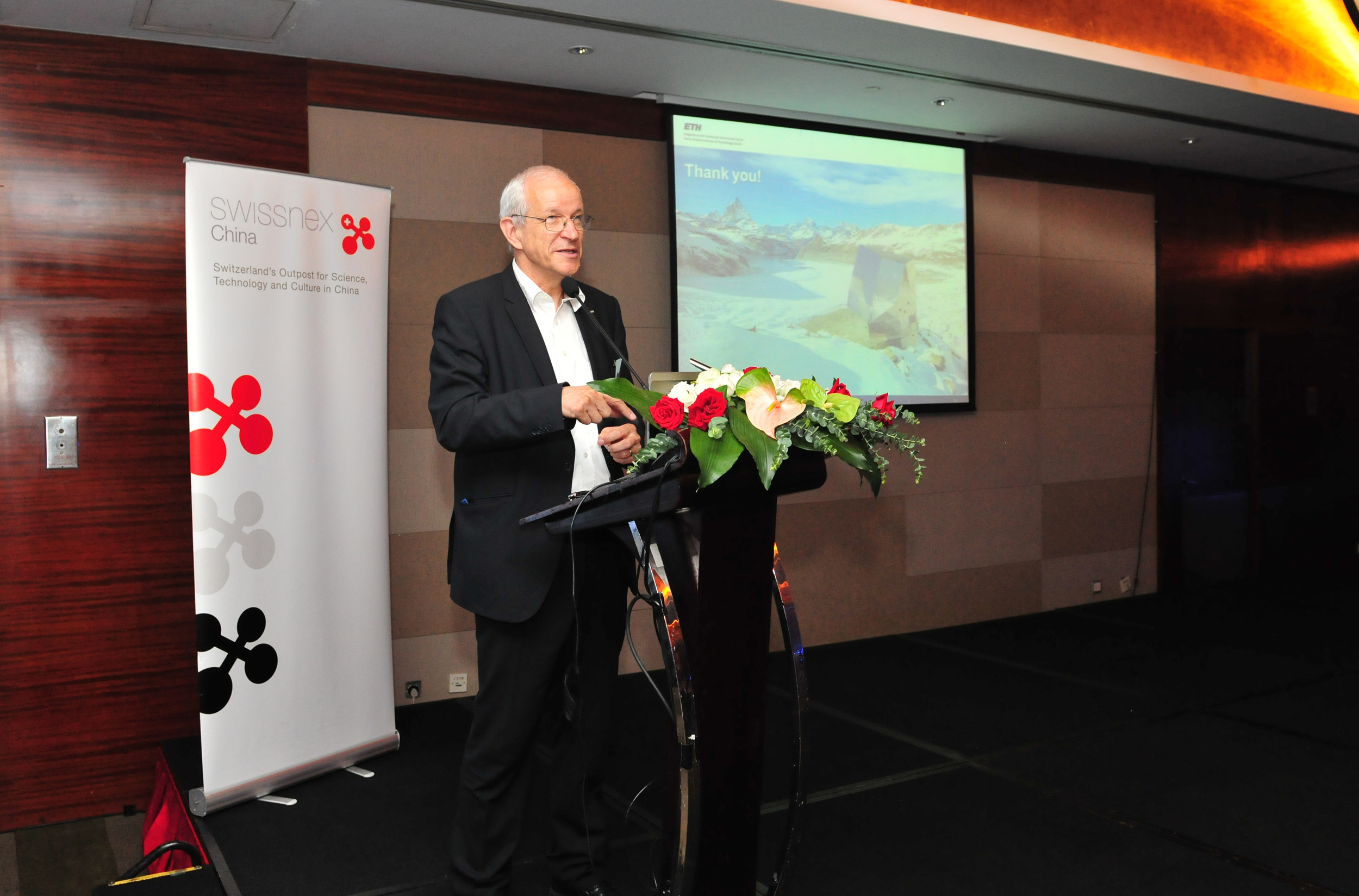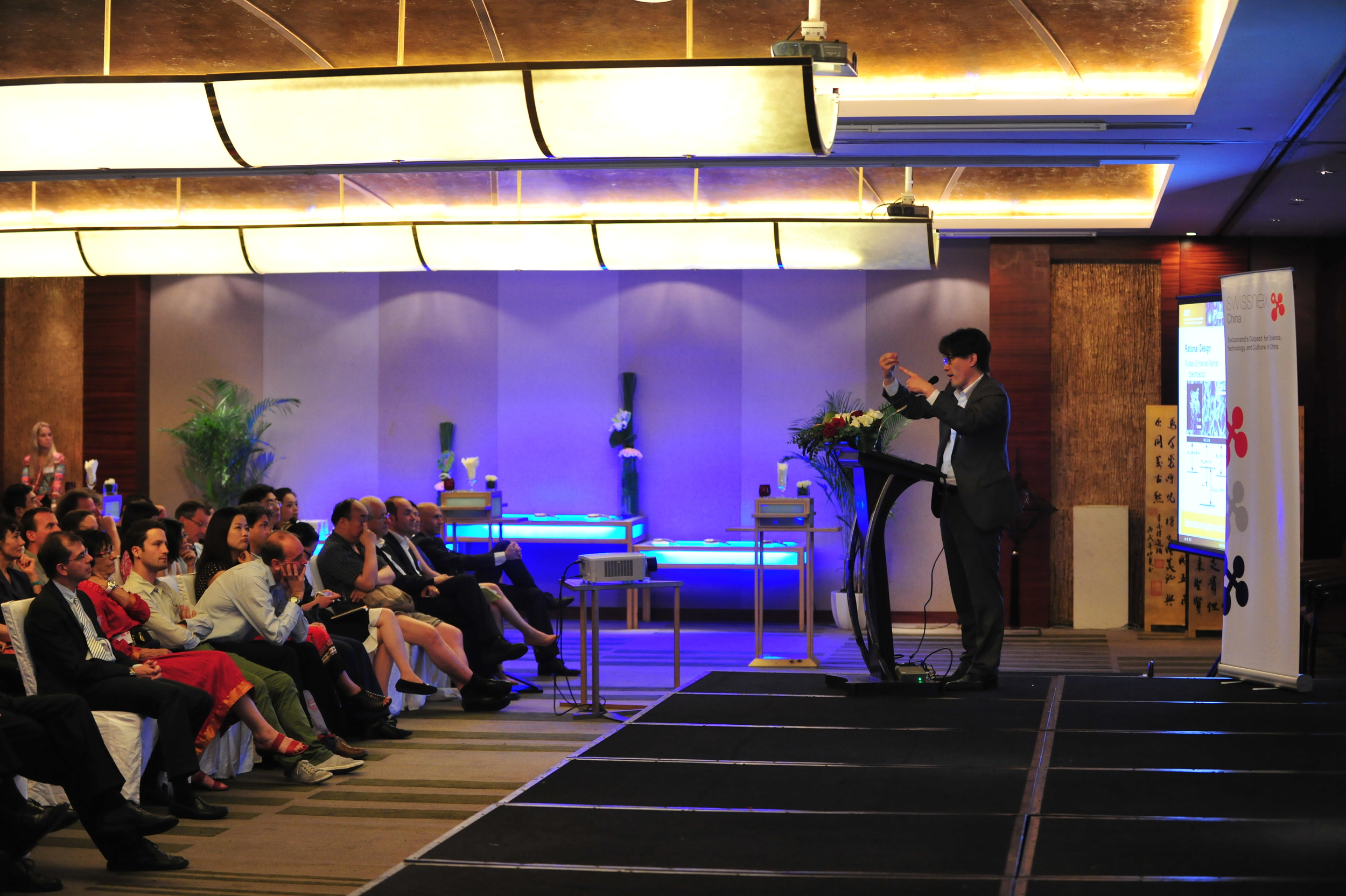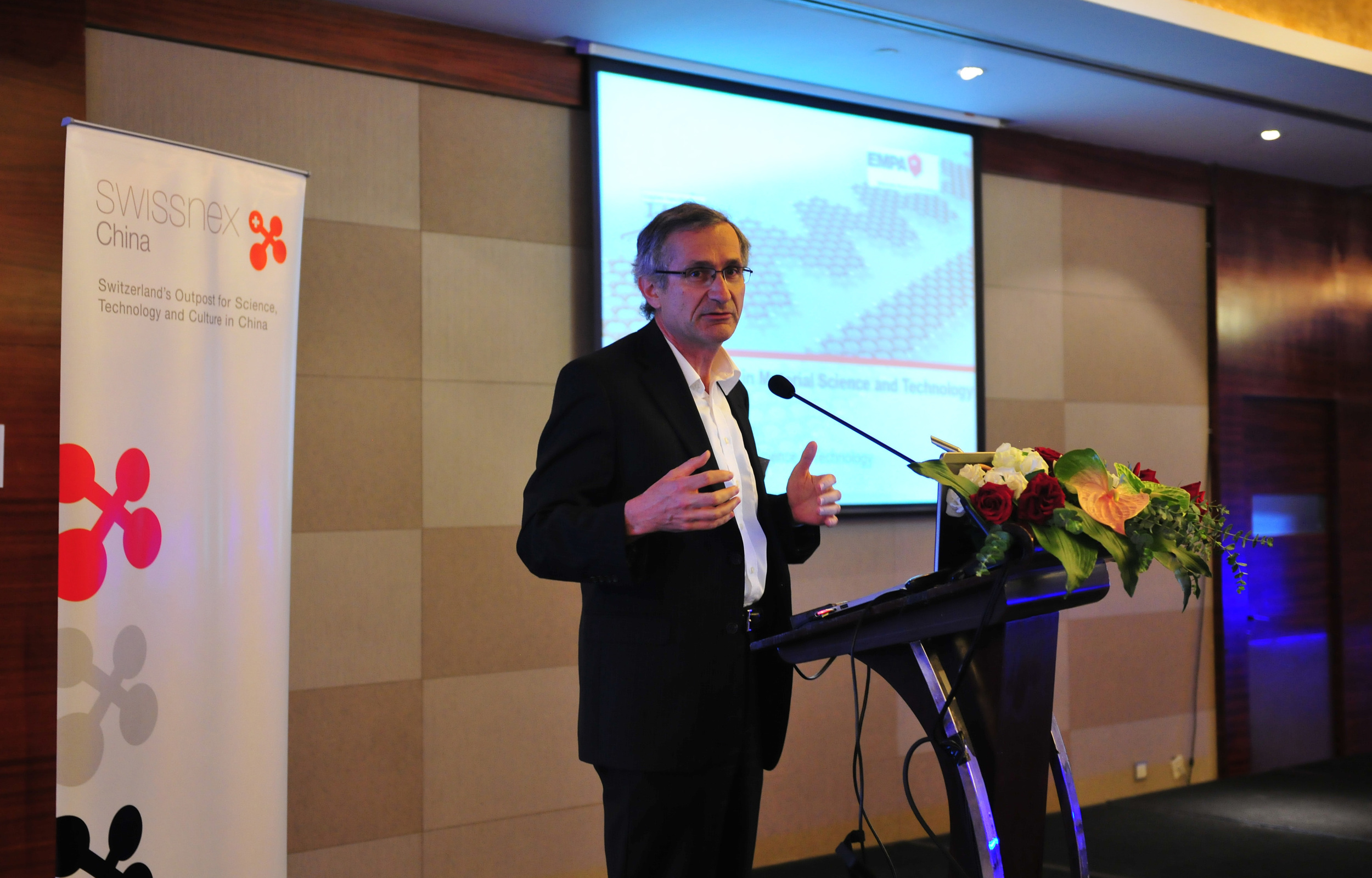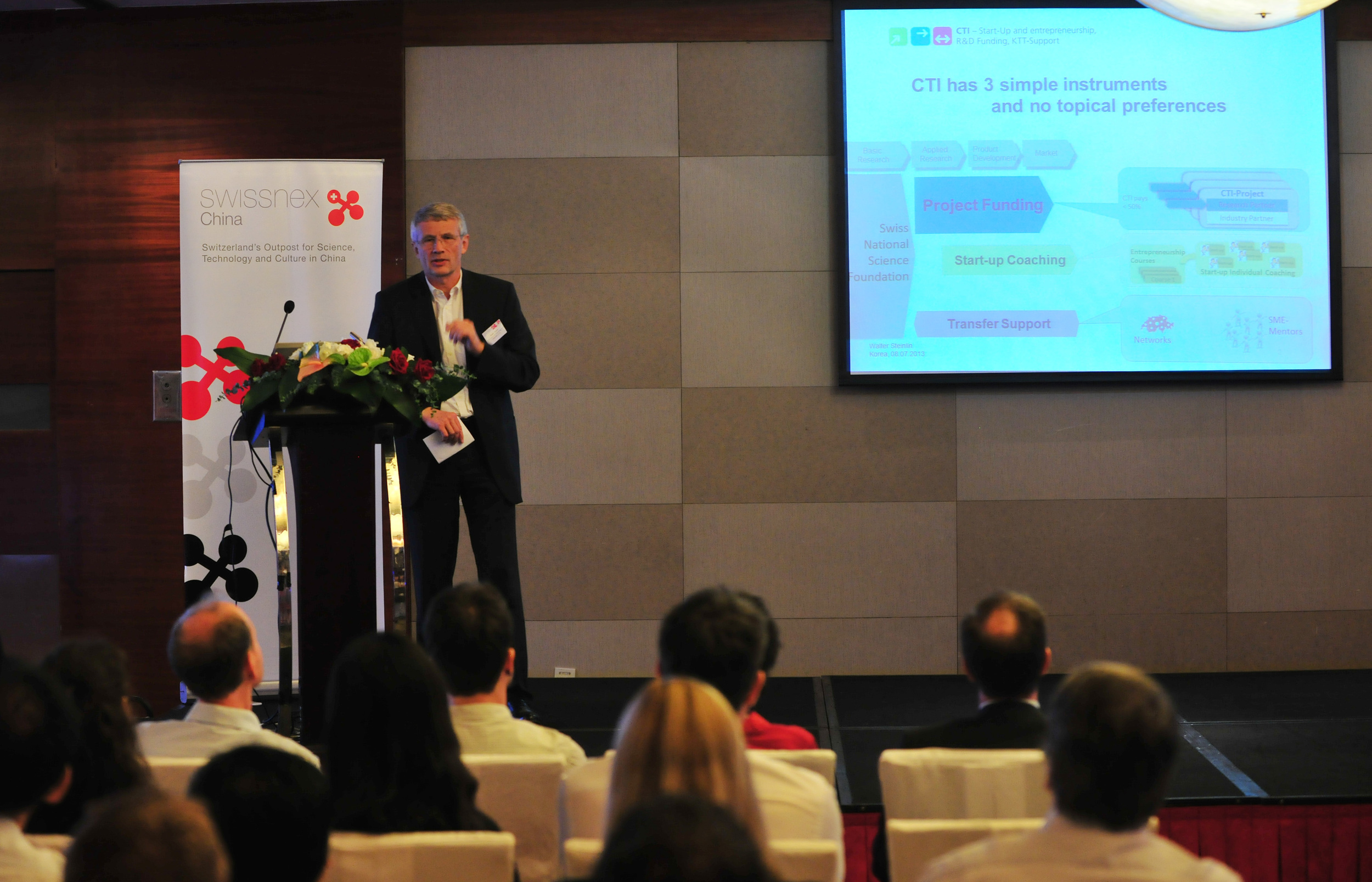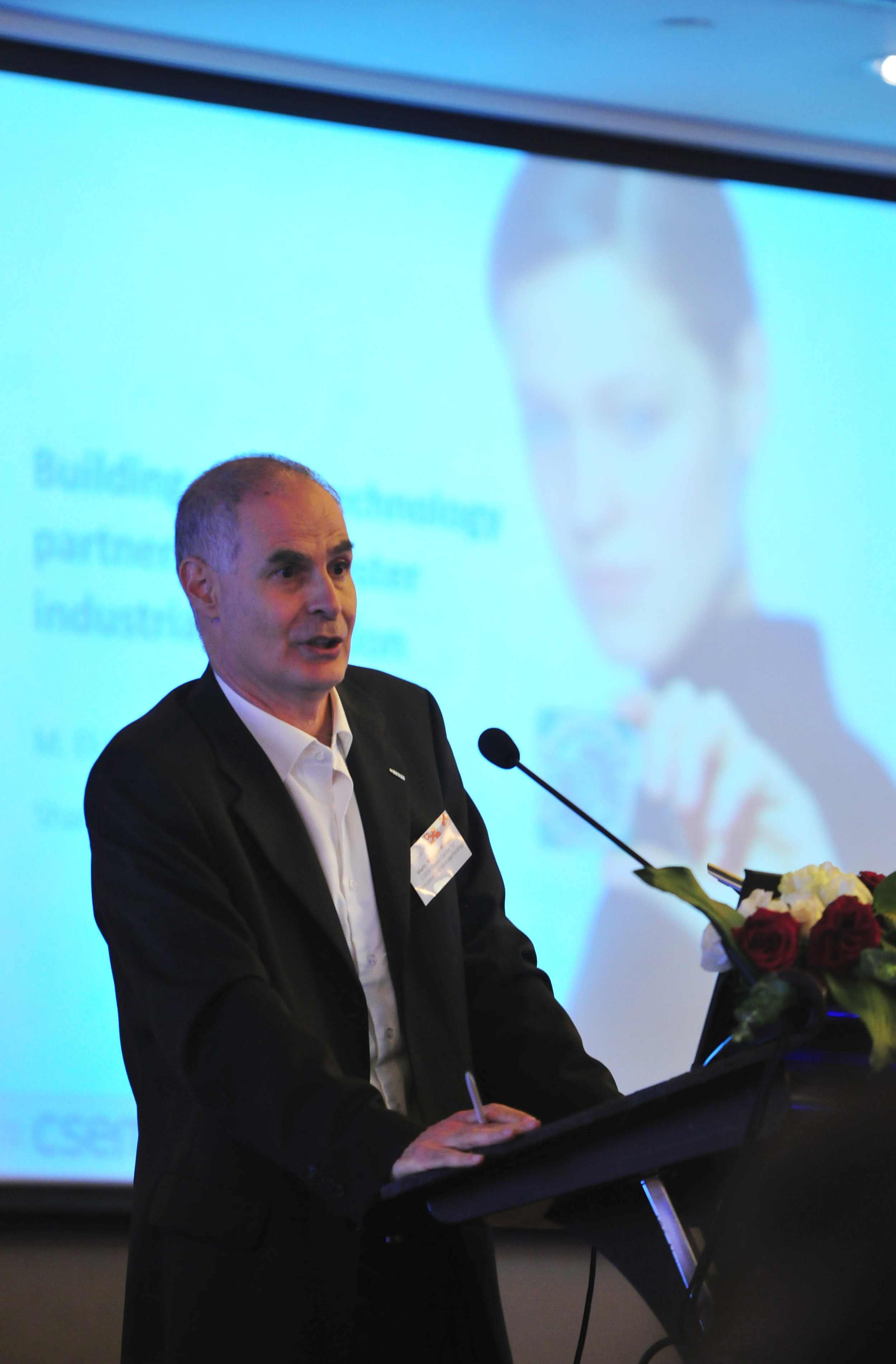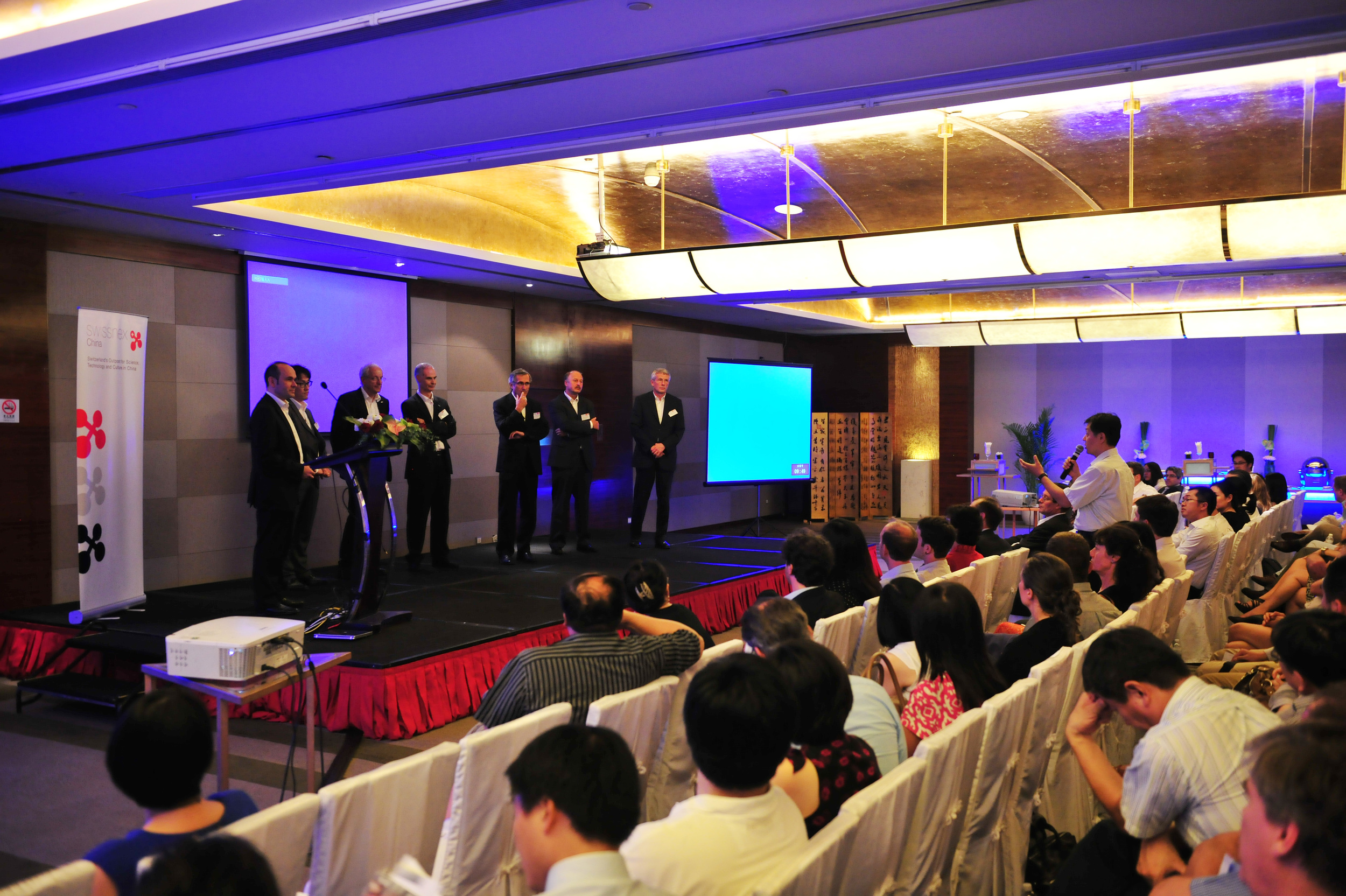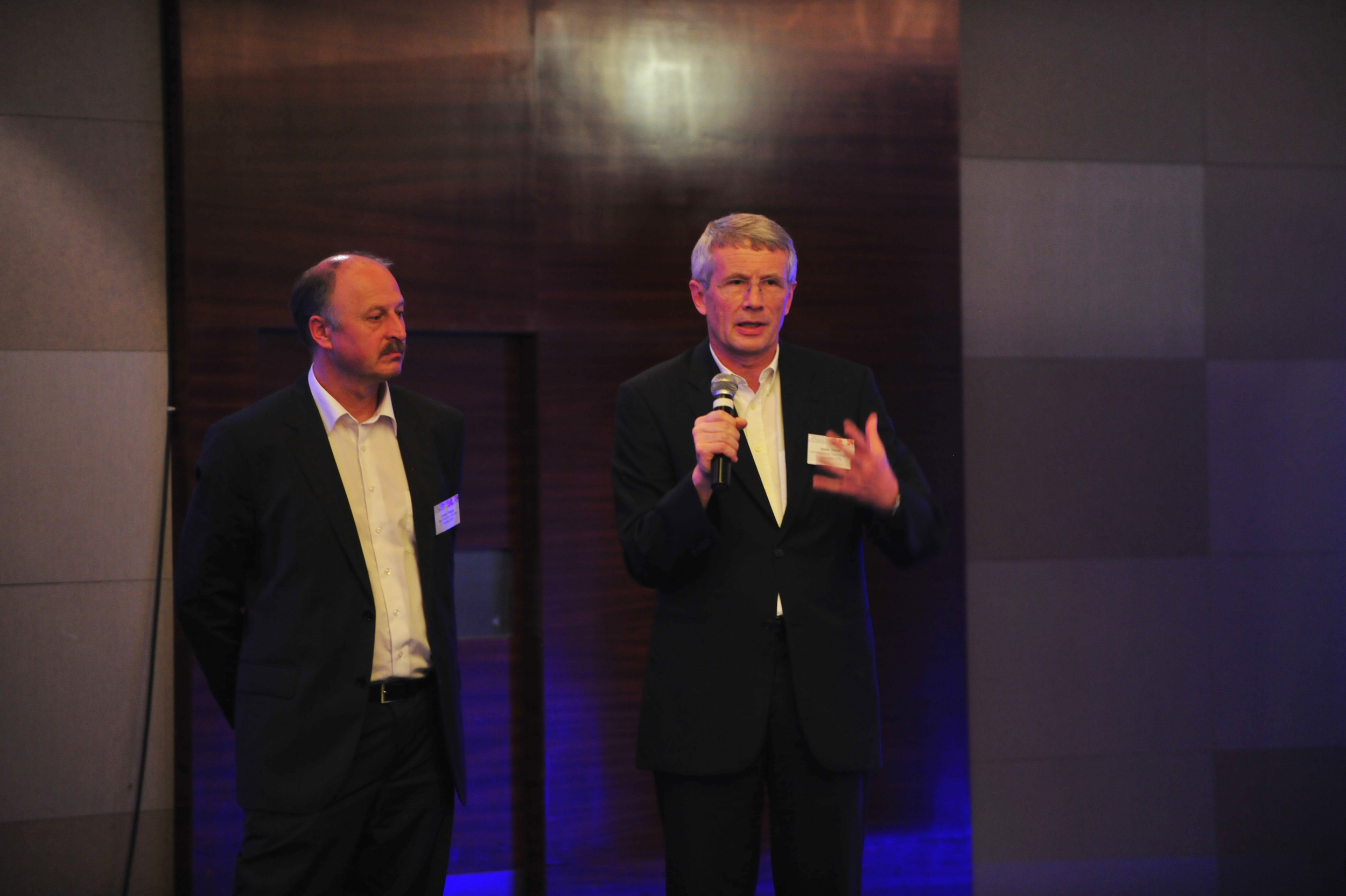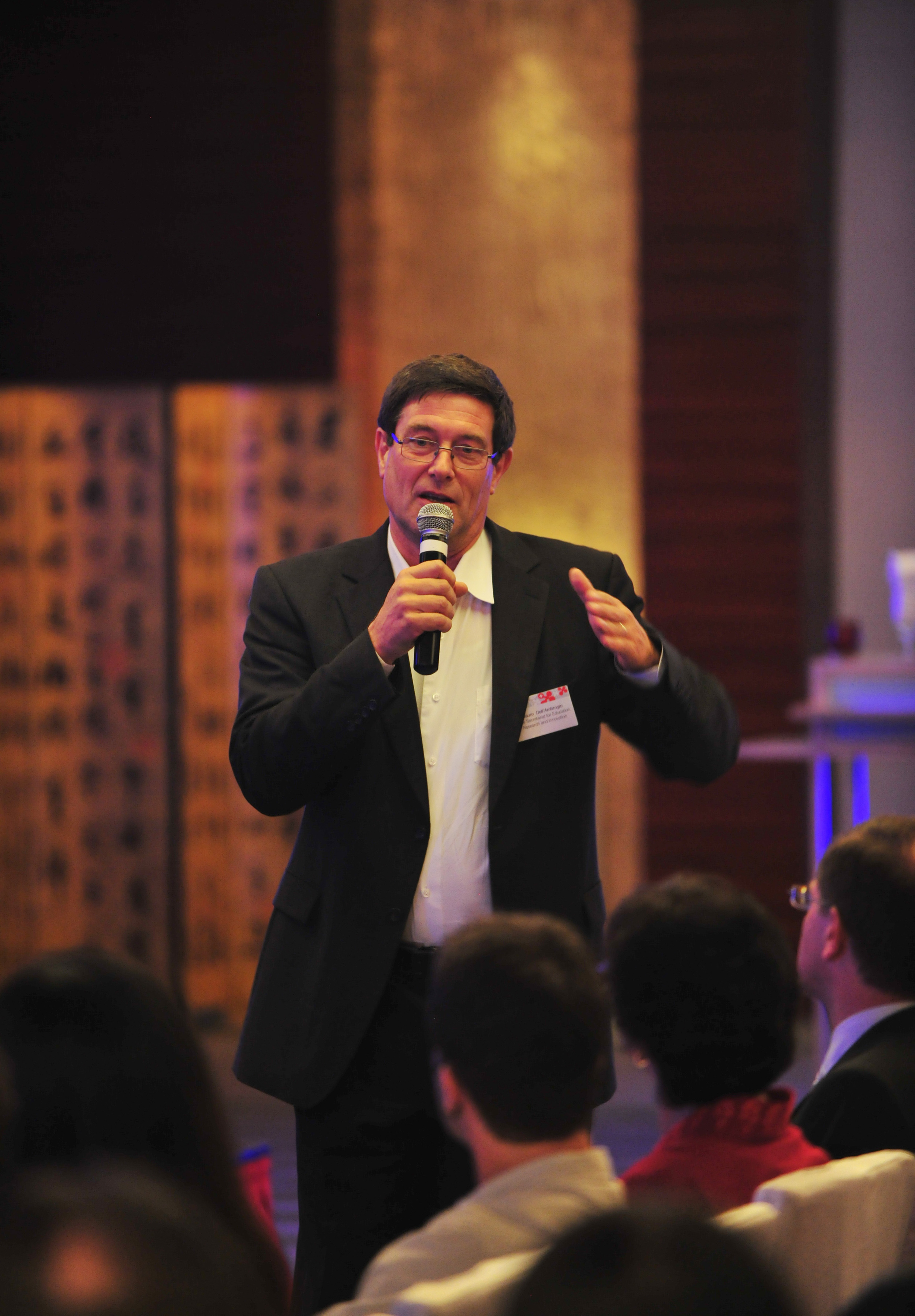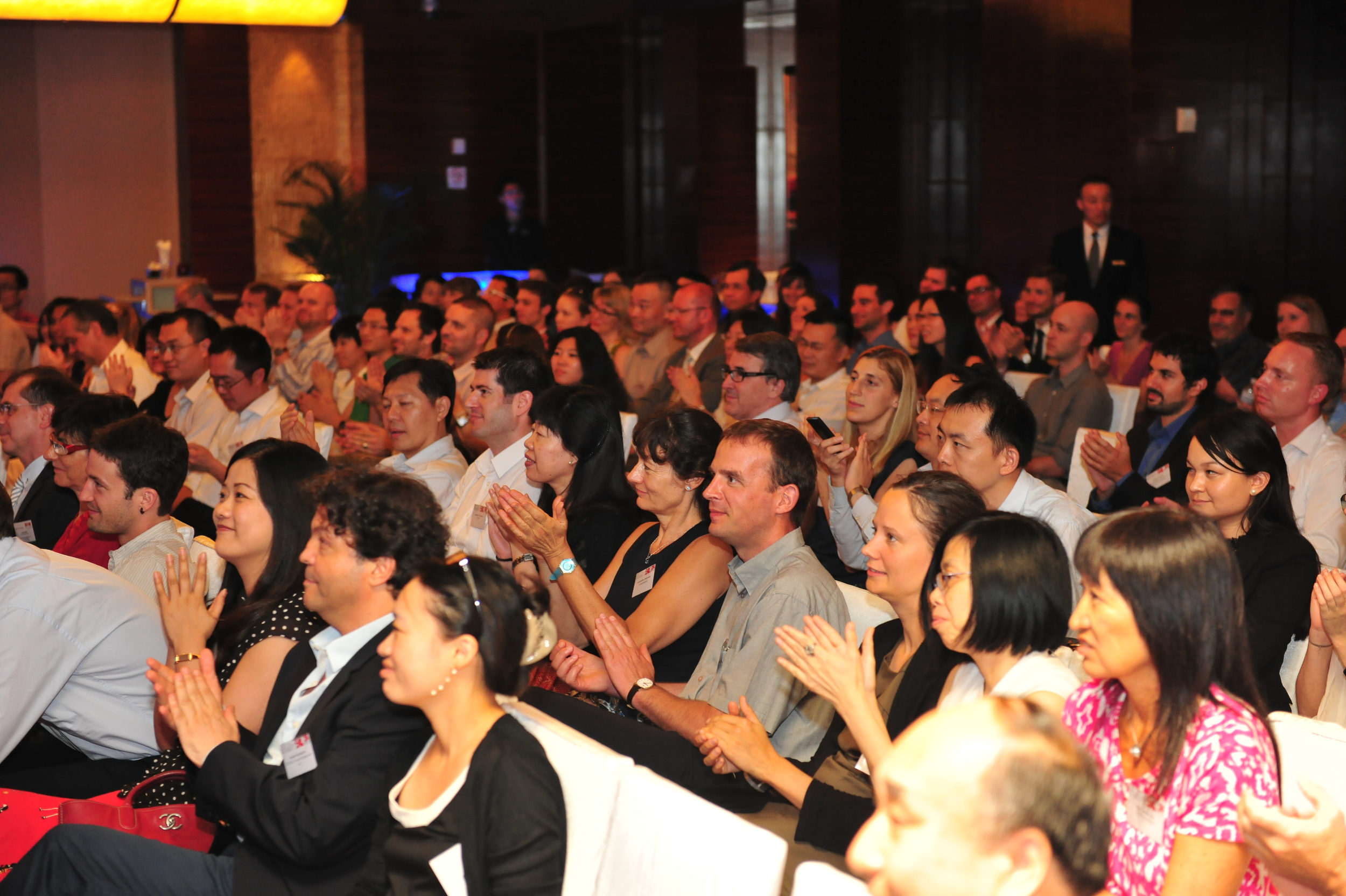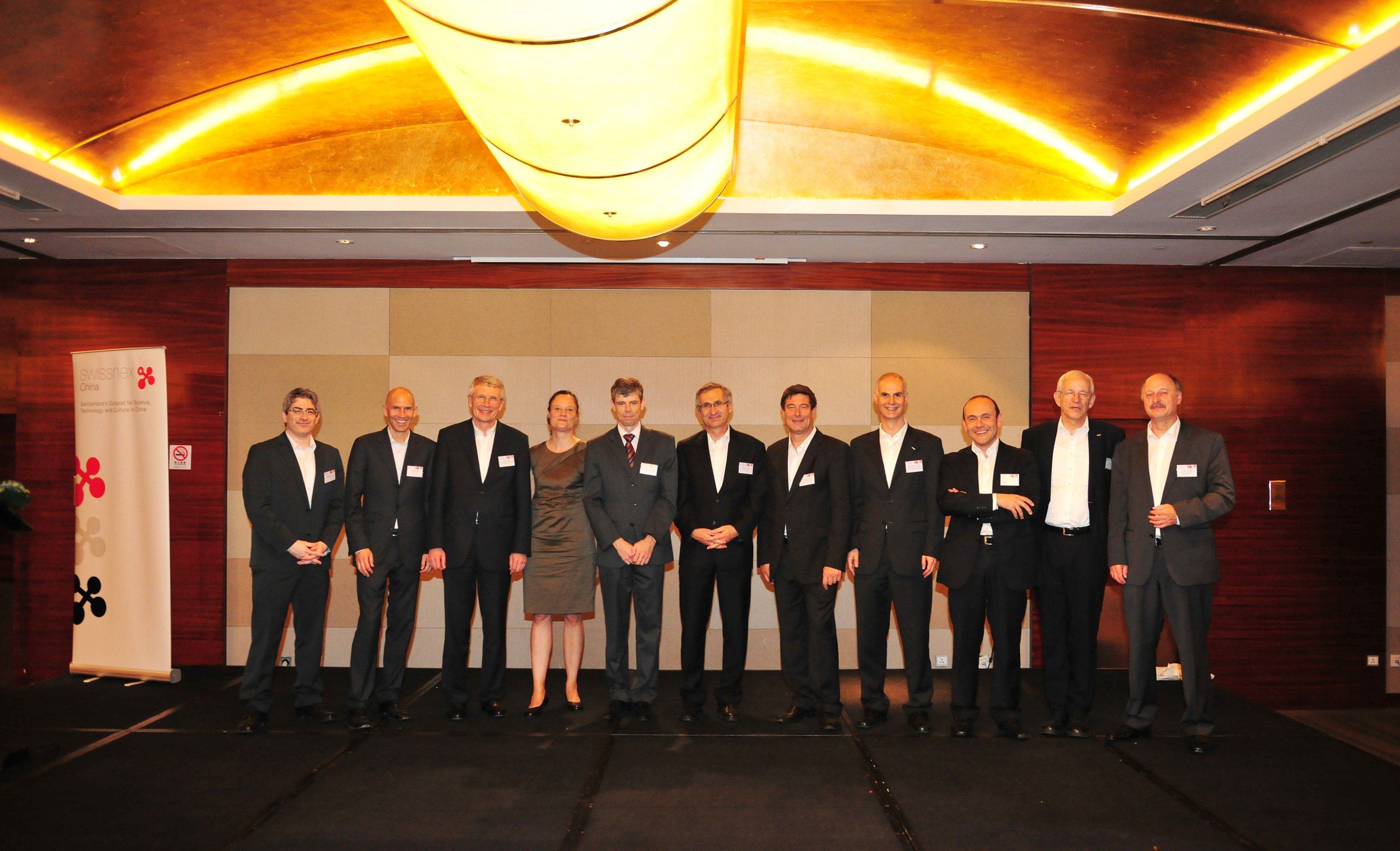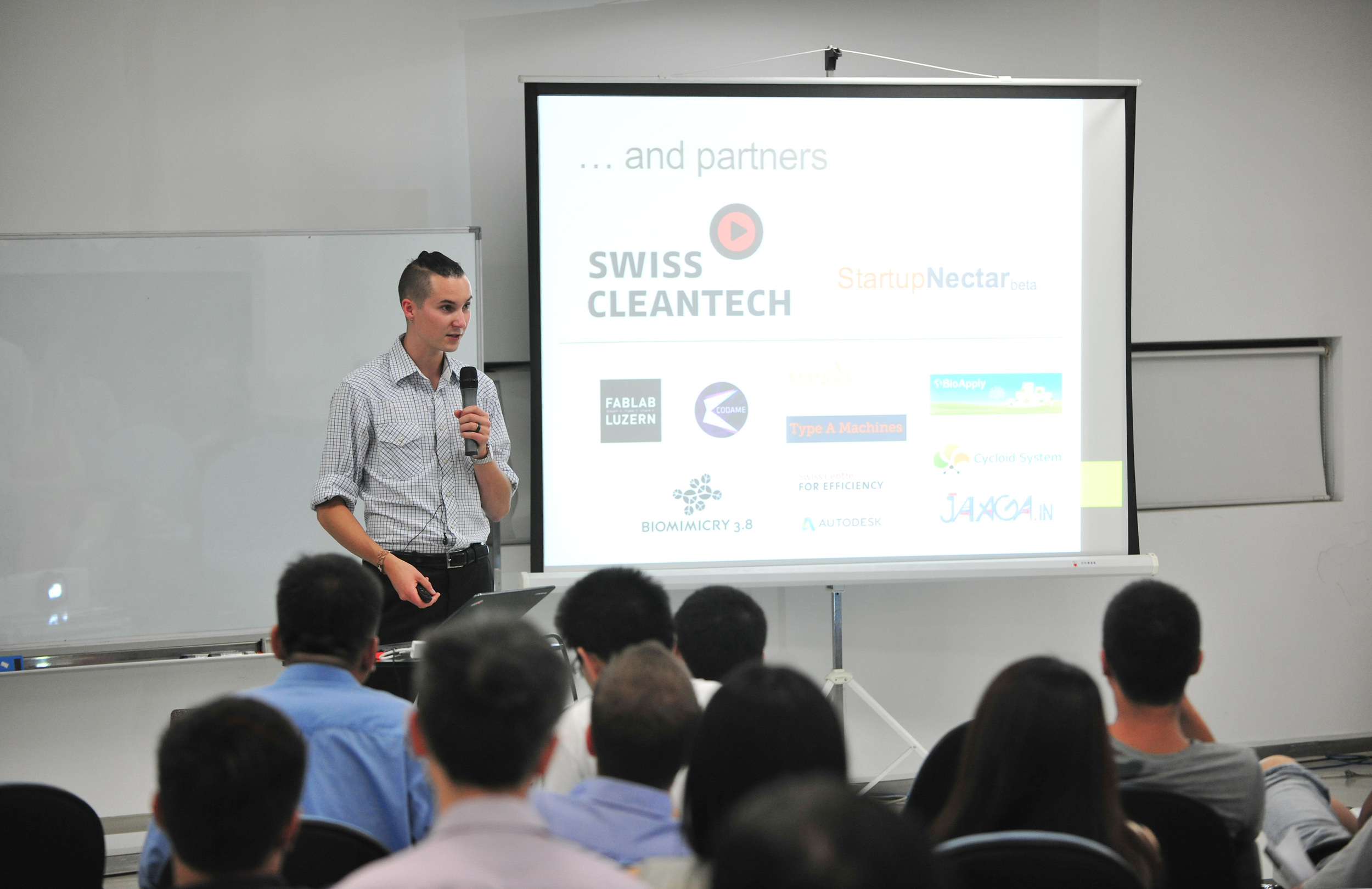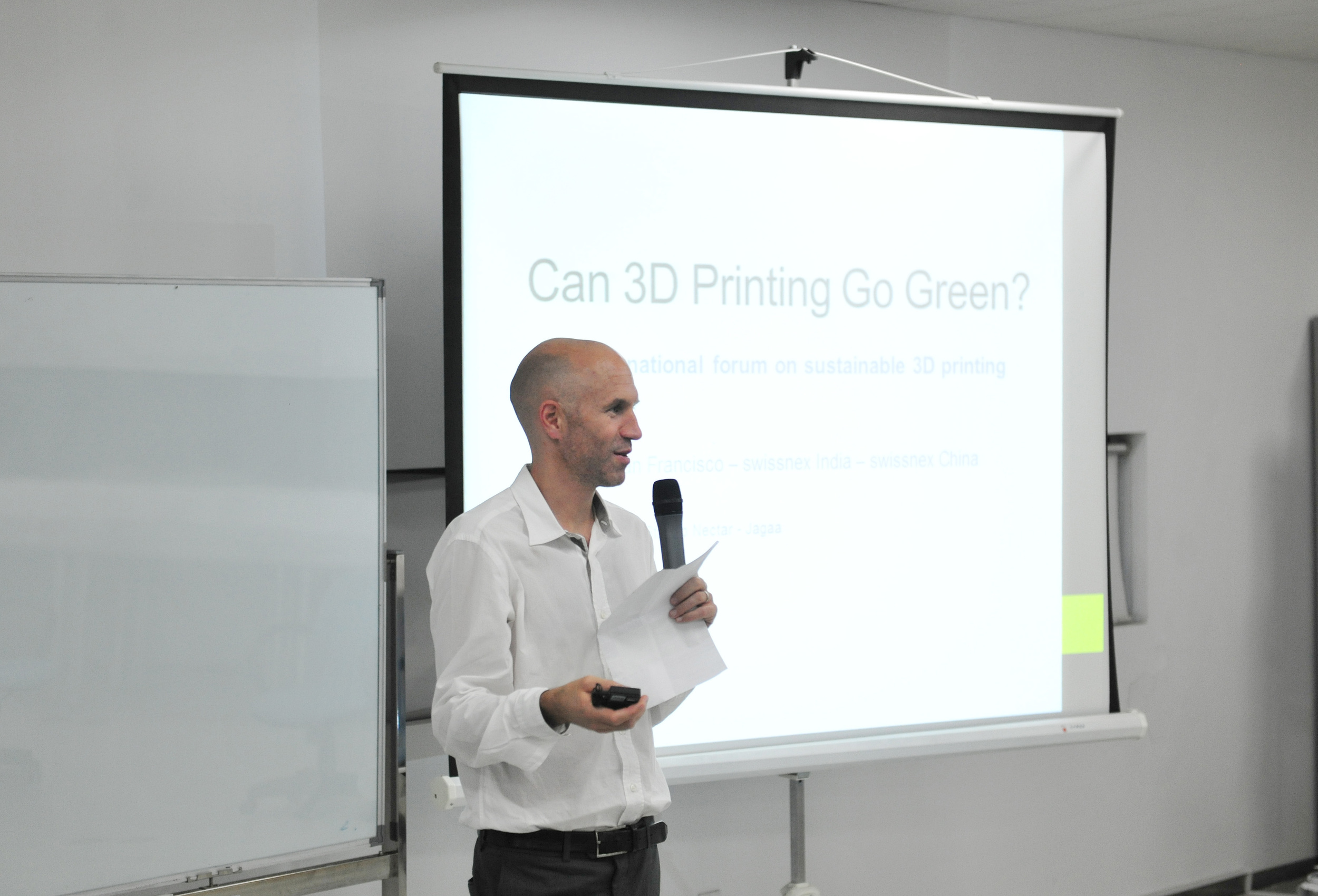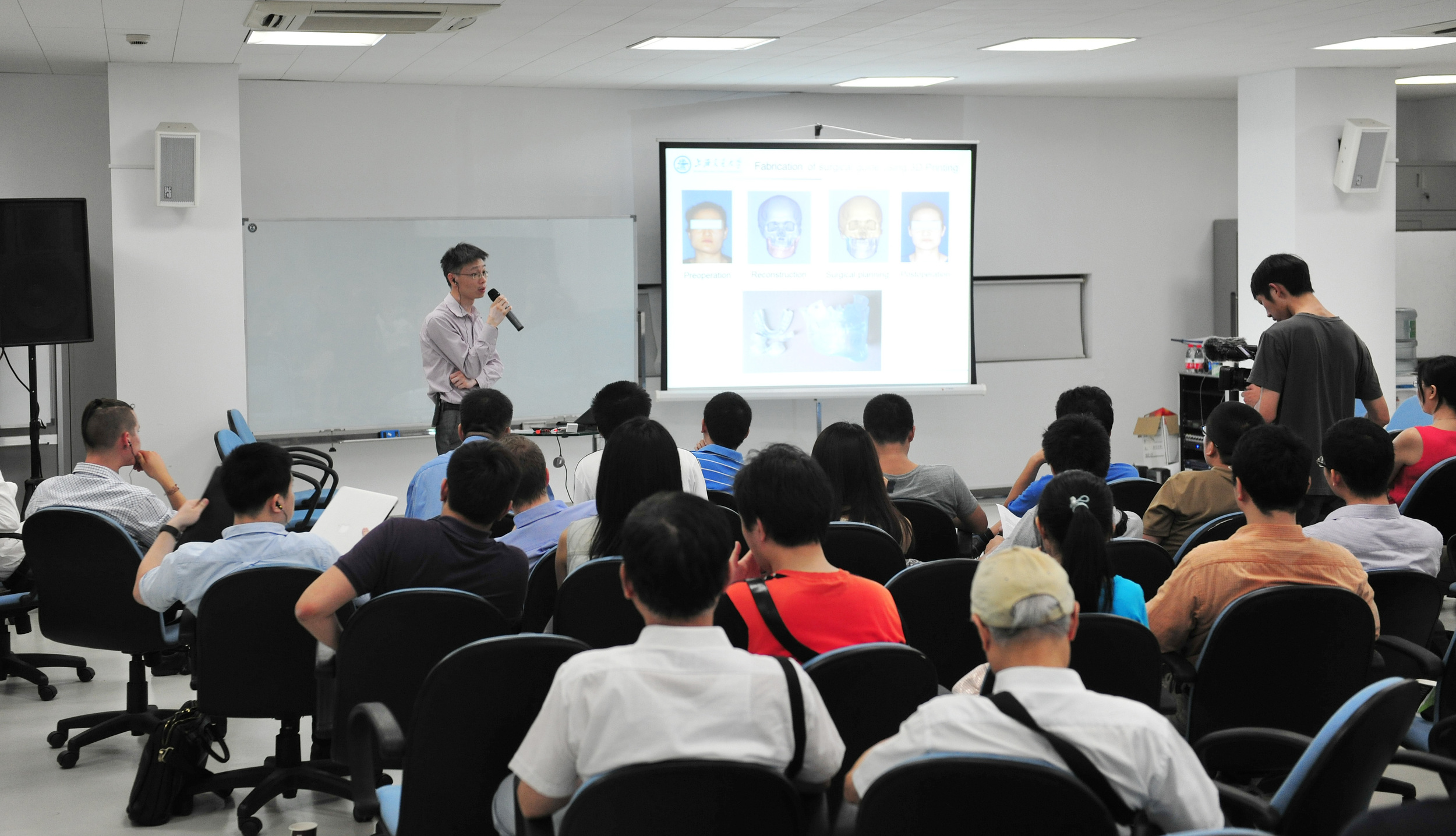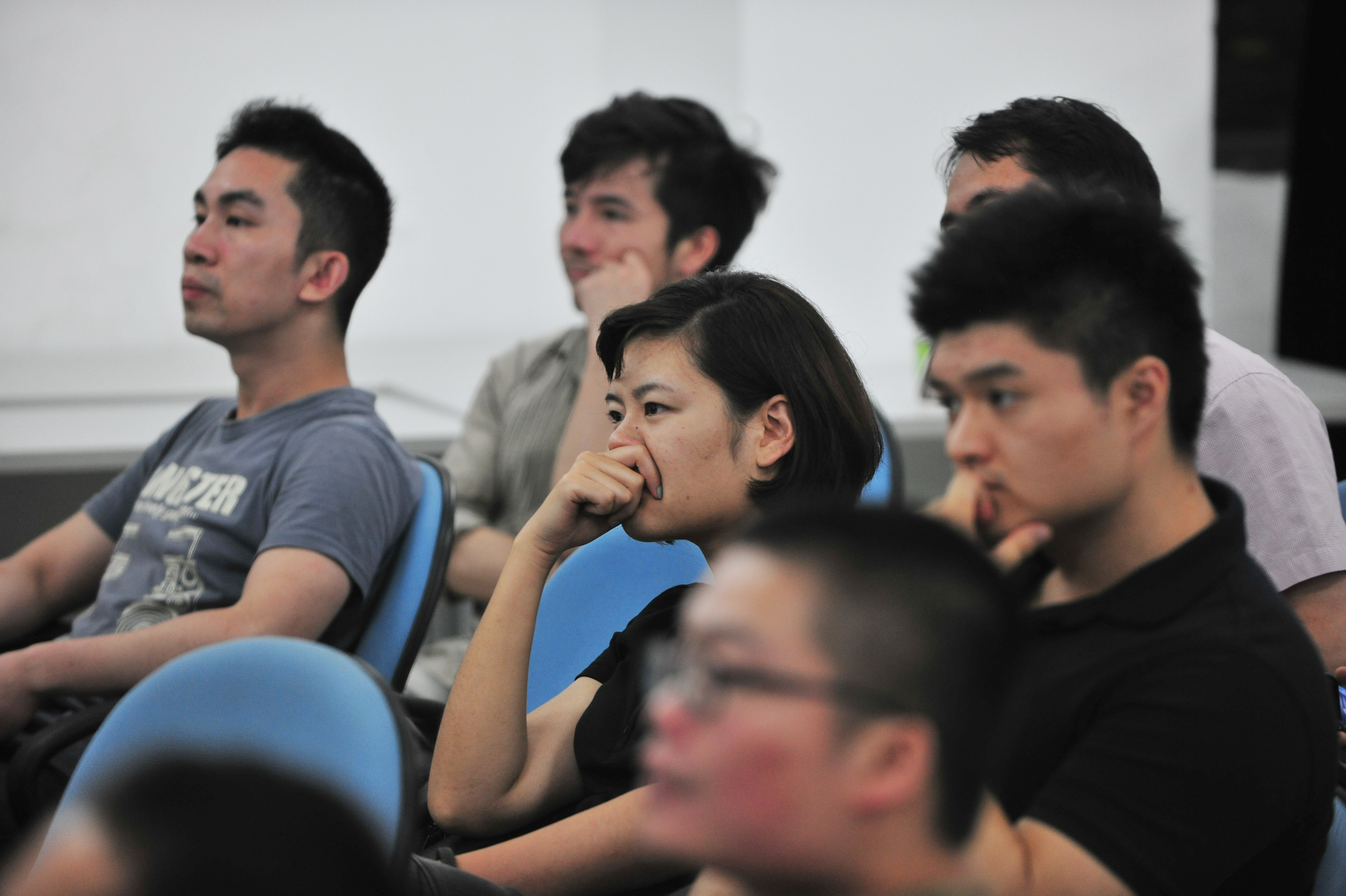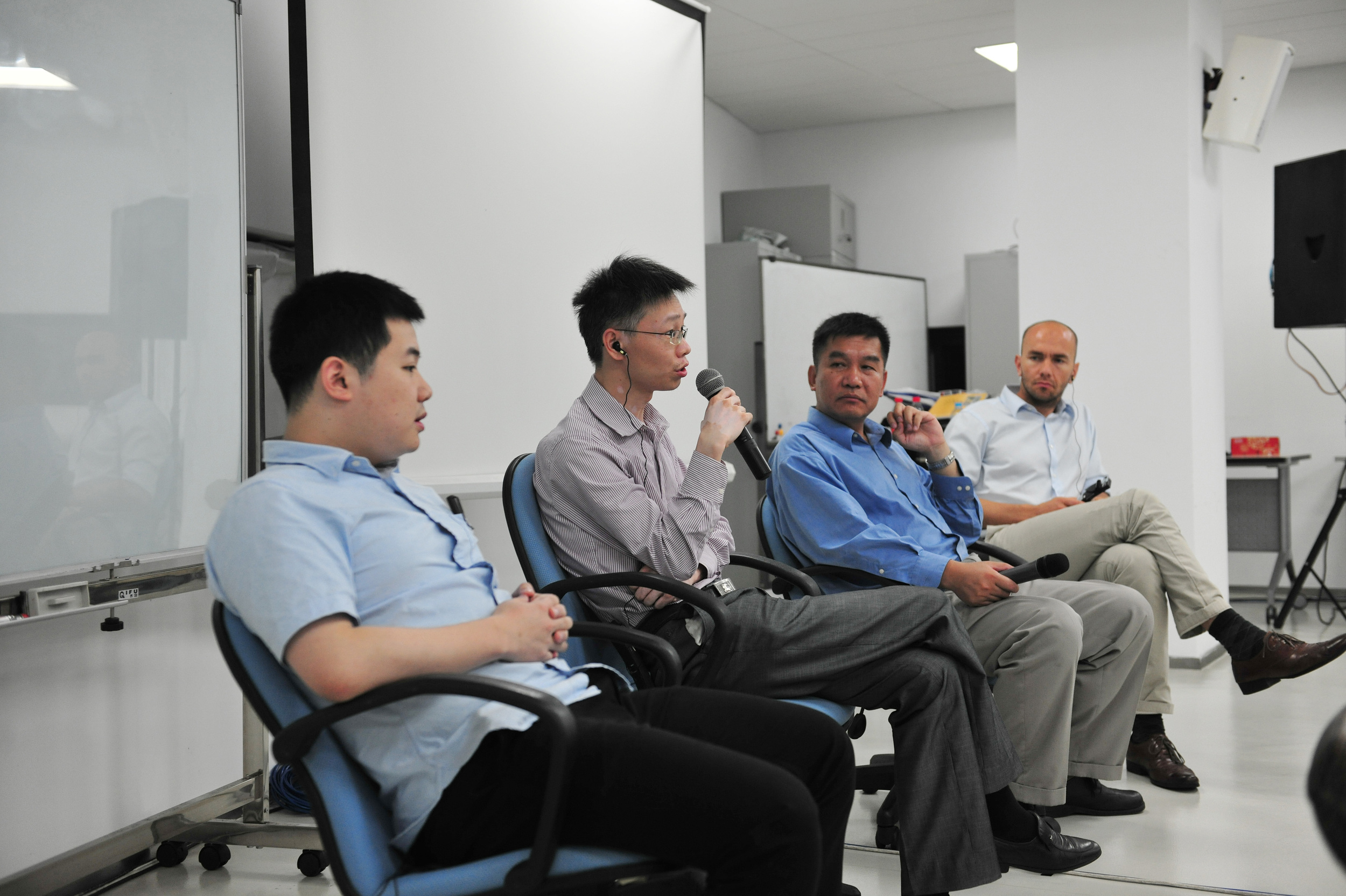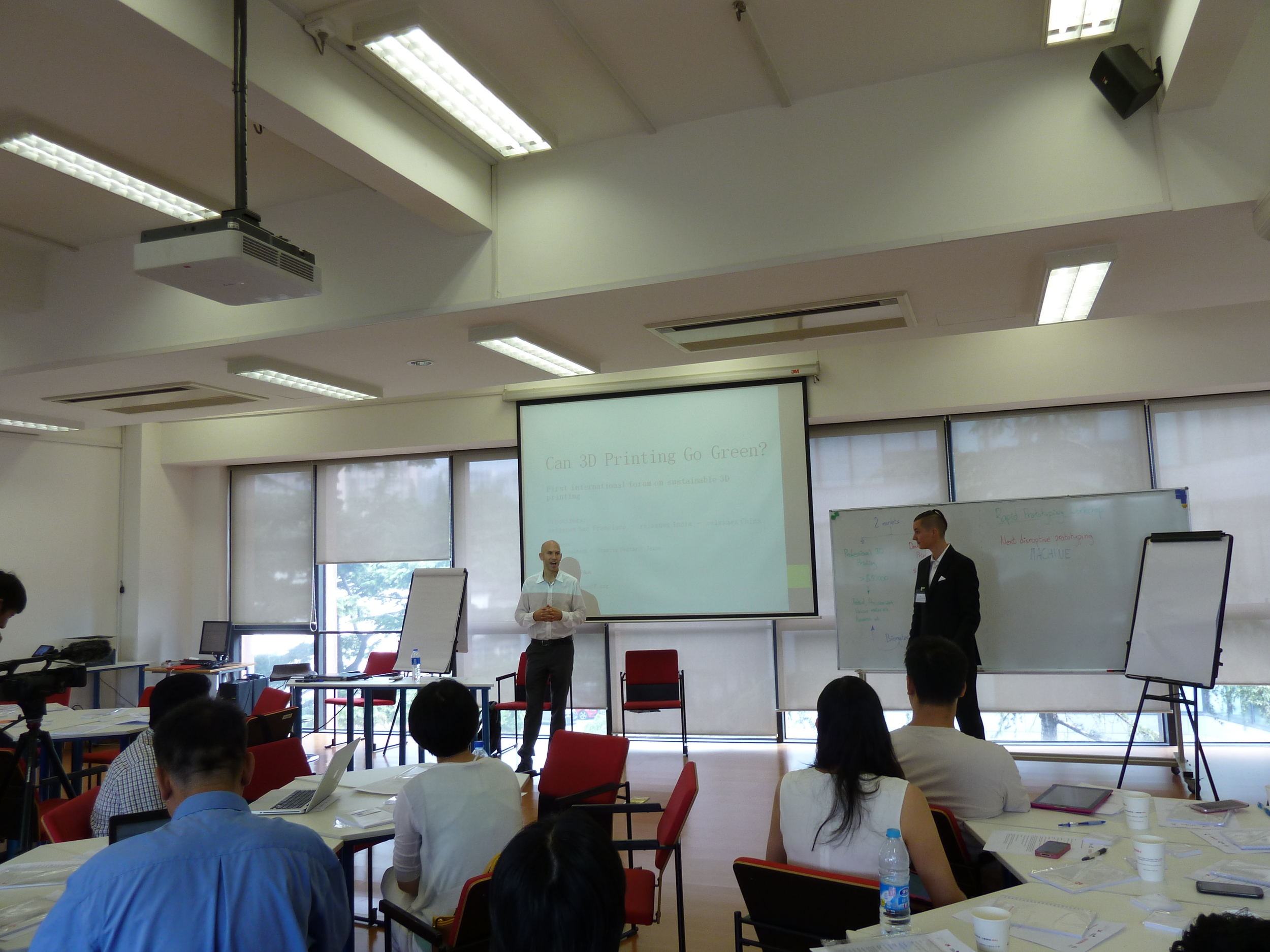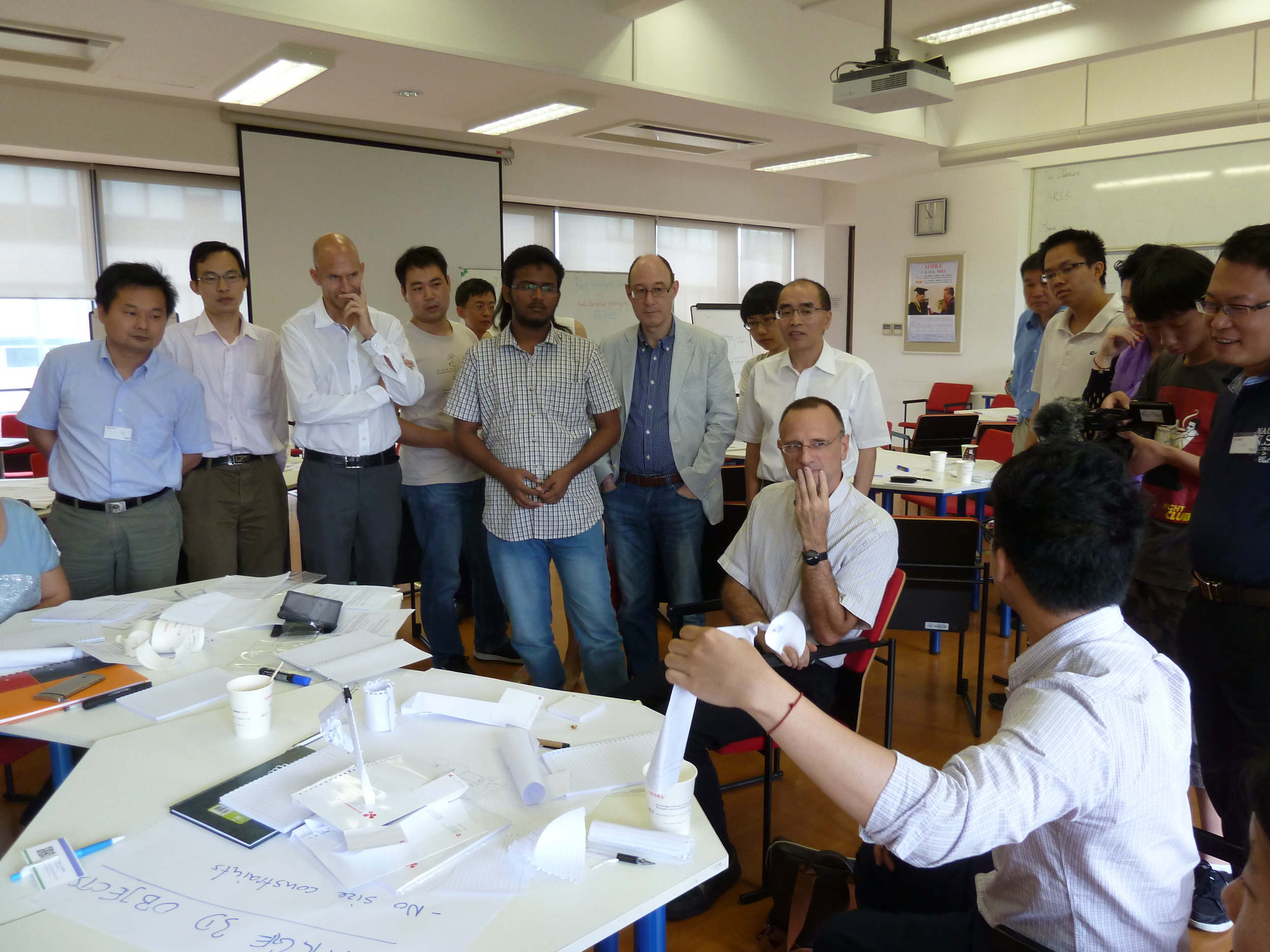Environmental sustainability, aging population, developing health care…lots of social dilemma forced China to tackle with urgent needs. Can we find new ways to solve them?
On Dec. 10 2013, the first creative lab for social innovation at Gongyi Xintiandi, sponsored by swissnex China, attracted more than 80 participants. Including one day group discussion and half day planning meeting, the workshop inspired entrepreneurs, NGOs, social entrepreneurs and government as well to come out impactful and initiative way dealing complex issues.
The aim of this Vision Day is to co-design concrete working areas of the initiative, addressing diverse questions like how competences skills are needed, what policy framework should like, how social enterprises and NGOs engage to implement project. 12 groups are divided to bring about social innovation and shared values together.
In the first day morning, two keynote speeches brought inspiration to the discussion. Gu Yuan, the founder and director of AHA Center in Shanghai, which offers education supports to organizations in the field of social innovation. In his speech, “four blind spots“ were highlighted and each of them being a cause for slow evolution in Chinese corporate social innovation:
- Lack of empathy
- Underestimation of local wisdom
- Underutilization of social capital
- Lack of patience
Another keynote speaker, Chandran Nair, the founder and CEO of the Global Institute For Tomorrow (GIFT), an independent think tank focusing on an Asian worldview. In his talk, he encouraged the Asian countries to find their own ideas of how to deal with today’s social instabilities and problems instead of copying from western countries. He believes that strong rules in the cultural, political and social environment are needed, and they have to be set by the state governments and not by private companies.
Executive Director of swissnex China, Pascal Marmier delivered his points of view according to his US experience. He strongly support the idea to bring people from divided sections to the table and work together to fix problems concerning the society, the time and the human beings.
In the afternoon, each group carried out their own projects with different focuses and interesting ideas were presented to everybody: one group planned to set a product chain based on an NGO helping the autism children discover their talents on drawing, and another group named their project as “Four seasons happiness ” to help with social learning by all kinds of community activities.
In the following day, participants who wished to take a lead and co-design the initiative further went together as a round table. We can see that a collaborative social innovation community is forming and we are now waiting to see more programs to follow.

